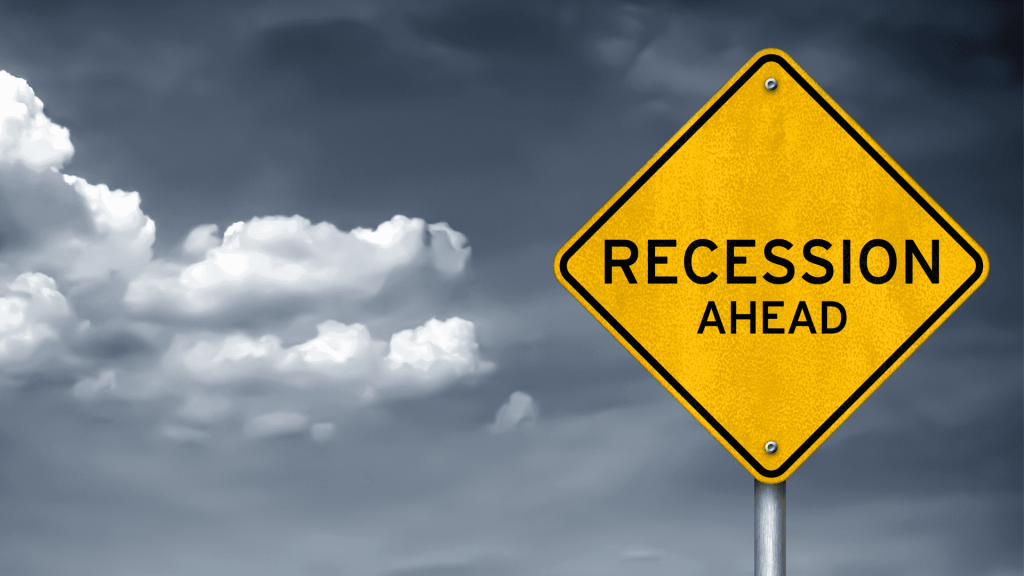As New Zealand is likely headed towards a recession, we thought we’d put together three lessons we learned from the 2008 recession to help you get through the next one and ensure that it has the least amount of impact on you and your finances.
One thing to remember is that here at Futurebound, we are not economists, so please don’t take this advice as gospel; this is what we have personally learned and have chosen to share with you.
Watch Instead: Get Yourself Sorted Series: What have we learned from the 2008 recession?
Lesson One: Recessions happen
Recessions are a natural and unavoidable stage of the economic cycle. They are normal and it is not the end of the world. House prices will fall and some people will lose their jobs, but the economy will bounce back eventually. We’ll get through this just like we got through the last one. In saying this, ensure you adequately prepare for the dip financially, which we will discuss in lesson three.

Lesson Two: If house prices go down, they will go up again.
The second lesson that we learned is that if housing prices go down, they go back up, and many times they go up beyond what it was prior to the recession. Take Auckland for example; in the 2008 recession house prices dipped, but by 2014, houses prices were up by 34% in comparison to what they were pre-recession. House prices always increase in value over a long enough period of time; it’s not about timing the market, it’s about time in the market. So, if you can, hold onto your properties through a recession.
Lesson Three: Don’t over leverage
The third lesson is don’t take on too much debt. Use wise financial practices and don’t take on projects with huge amounts of risk as then when a recession comes, you’ll find that you’re completely over-leveraged and may not be able to pay your interest payments or principal and interest repayments.
A recession isn’t something you can control, but you CAN control the amount of debt that you have (particularly if it’s bad debt) and paying this off as aggressively as possible so that when a recession happens, it’s not going to negatively affect you as much.
Ensure you stick to your spending plan or budget, have a great savings plan in place and also ensure you have an emergency fund set aside just in case you need to dip into it.
If you’d like to get an assessment of what’s going on with your finances or mortgage, you can book in a 15 minute chat with us and we can discuss your financial or mortgage situation and can help set up a plan on how you can reduce it as well as other debt, as fast as possible.
Keep in mind this article is providing general information and not individual financial advice.




